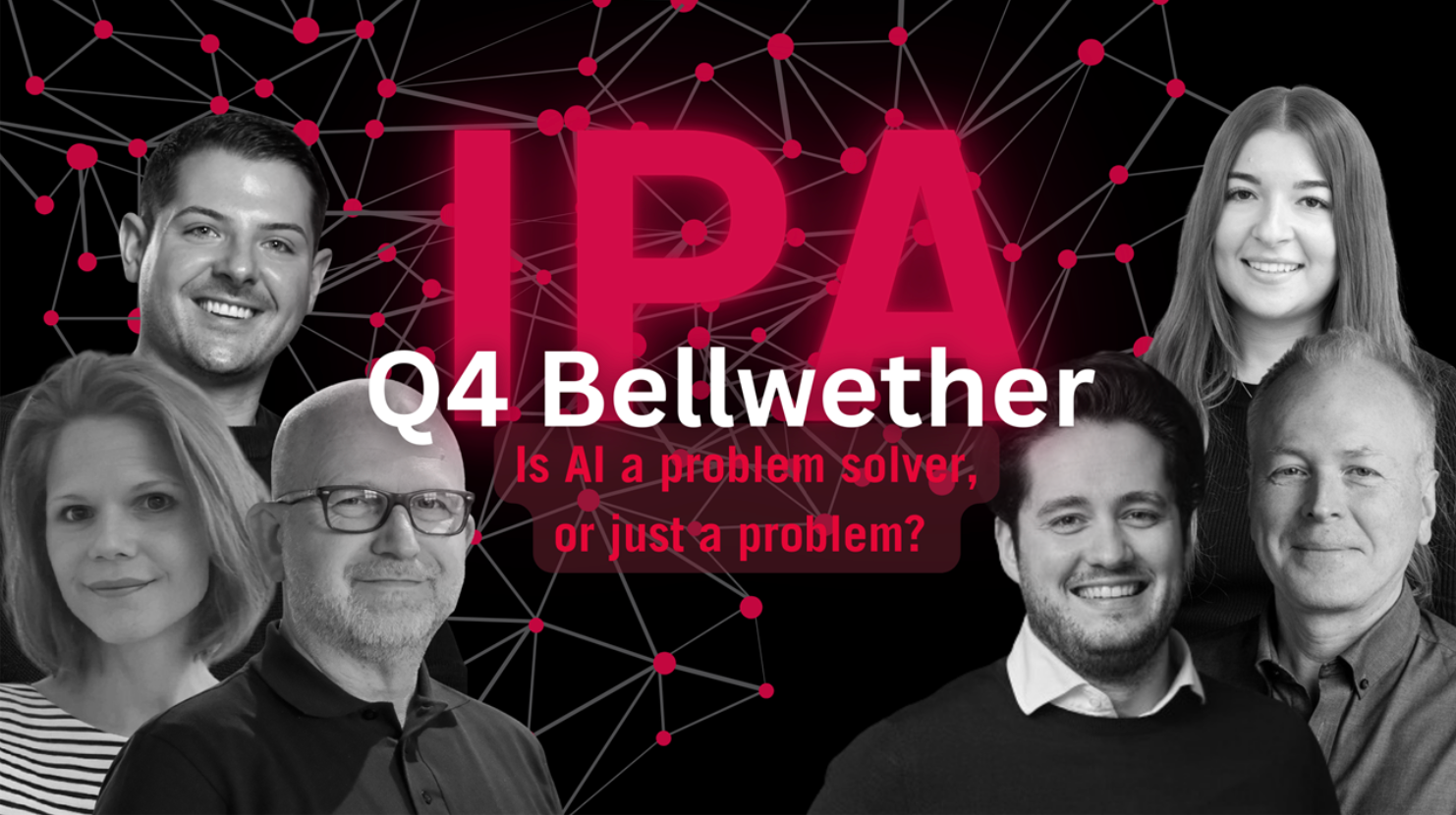DMEXCO Briefing: Ad tech leaders argue for a balanced approach to ‘Founder Mode’ concept
Excerpt shared from Digiday's 'DMEXCO Briefing: Ad tech leaders argue for a balanced approach to ‘Founder Mode’ concept':
Ad tech execs love nothing more than a good, old-fashioned debate — whether it’s about auction dynamics or yield management, no topic is too hot to handle. That’s what makes the chatter around “founder mode” at DMEXCO so surprising: it seems ad tech has finally reached a rare consensus. Who knew?
What they’re saying is this: Founder mode isn’t inherently bad. Being hands-on can spark genuine connections with team members. But let’s be honest — it’s not a sustainable game plan. The most effective founder-mode leaders typically have a trusted manager (or even a whole team) at their side to ensure everything stays on track.
This isn’t a new debate, but it’s gained fresh traction since Y-Combinator co-founder Paul Graham’s blog post last month. It resonated with execs navigating ad tech’s tricky balancing act of profitability, growth, and keeping restless investors satisfied.
In case you missed it, founder mode encourages founders to trust their instincts and run their companies like they did in the early startup days. This approach demands deep involvement in every aspect of the business, rather than diving into managerial books that preach, “hire good people and let them do their jobs,” as Graham puts it. On the flip side, manager mode is all about delegation and keeping an eye on the big picture.
Graham’s argument is straightforward, if a bit out of left field: he warns founders of successful businesses to be cautious of advice tailored to professional CEOs, whom he describes as “some of the most skillful liars in the world,” people who could “drive the company into the ground.”
Unsurprisingly, for an industry brimming with egos, this part of the post struck a chord with many. But Graham didn’t stop there; he asserted that “there are things founders can do that managers can’t, and not doing them feels wrong to founders — because it is.”
That assertion, however, is precisely where ad tech founders have pushed back, insisting that this debate over leadership styles isn’t black and white — it’s a spectrum of grays, each shade telling a different story. Because, of course, nothing screams “I’ve got it all figured out” like running a company solo, as if the weight of the world can be comfortably balanced on one privileged set of shoulders.
“Yes, there’s a degree of micro management that comes with being a founder, especially when the company is young, but as the business develops you have to learn to trust people to do the jobs they’re paid to do,” said James MacDonald, co-founder and chief revenue officer of ad tech business Limelight.inc.
Over his eight years running the company with his business partner, he realized that its chances of success greatly improved when he empowered others to handle what he couldn’t. Now, with 40 employees managing “hundreds of millions of dollars through our platform,” he notes that none of this would have been possible without learning to let go and trust his team.
What he and many other ad tech founders are getting at is that while Graham’s insights ring true — hands-on, visionary founders can build great businesses — it doesn’t mean one causes the other. In the end, it’s about finding the right balance between vision and trust, and navigating that spectrum with care.
“Look at Taboola over there,” said an exec on the sidelines of DMEXCO. “He [Adam Singolda] was very hands-on at the beginning but once the company started to grow he understood very quickly that he had to delegate. Yes, he’s the face of the company, but he also has the right people around him to manage other aspects of the business.”
That kind of foresight is what separates successful leaders. After all, there’s a reason large corporations send high-potential leaders off to business school. Granted, few small businesses can afford those costs or the absence of a founder for long stretches. Then again, the cost of ignorance isn’t cheap either.
Read the full article on Digiday:




